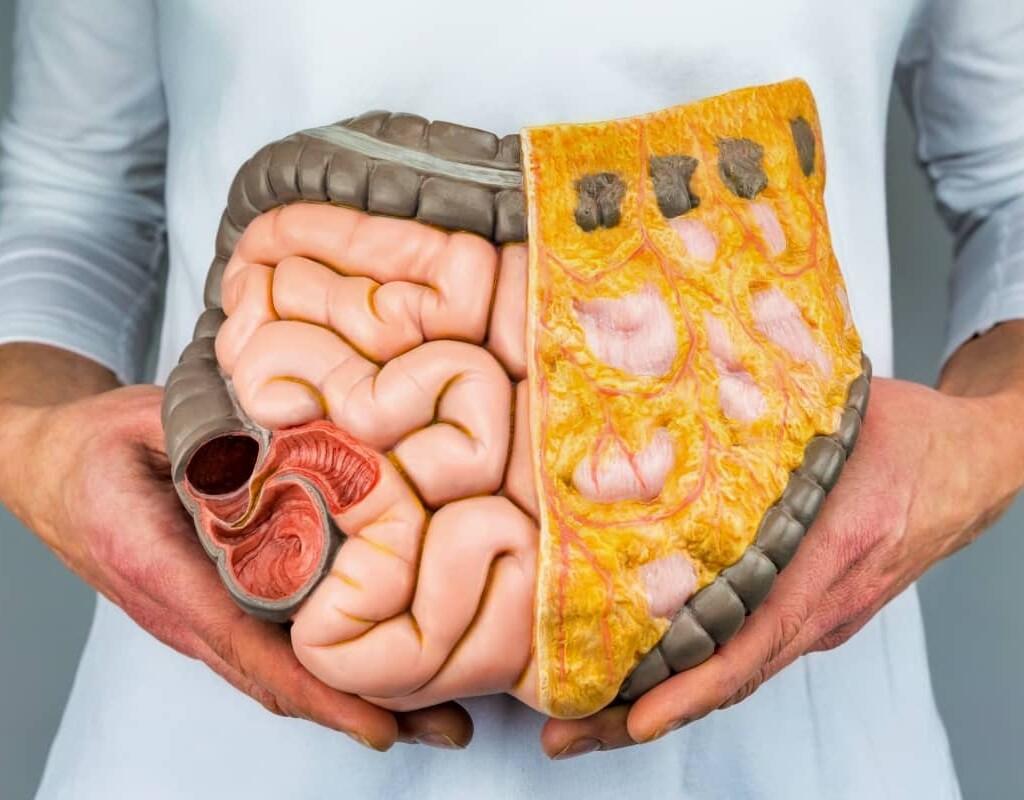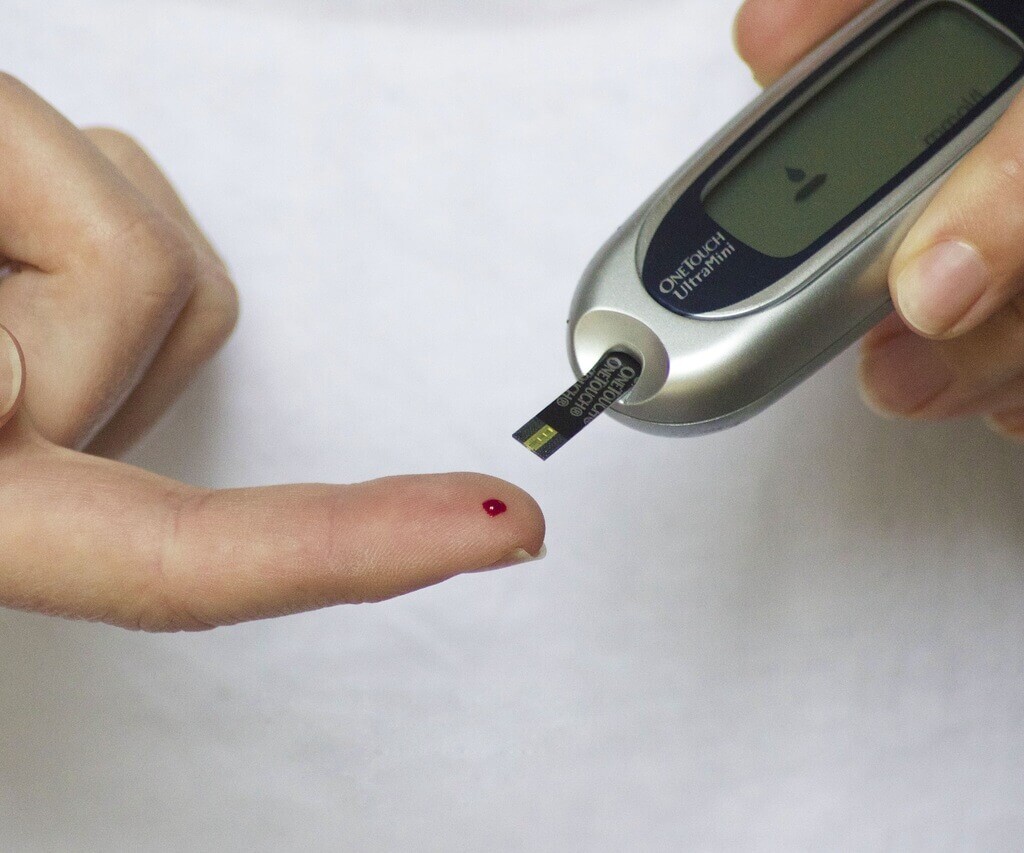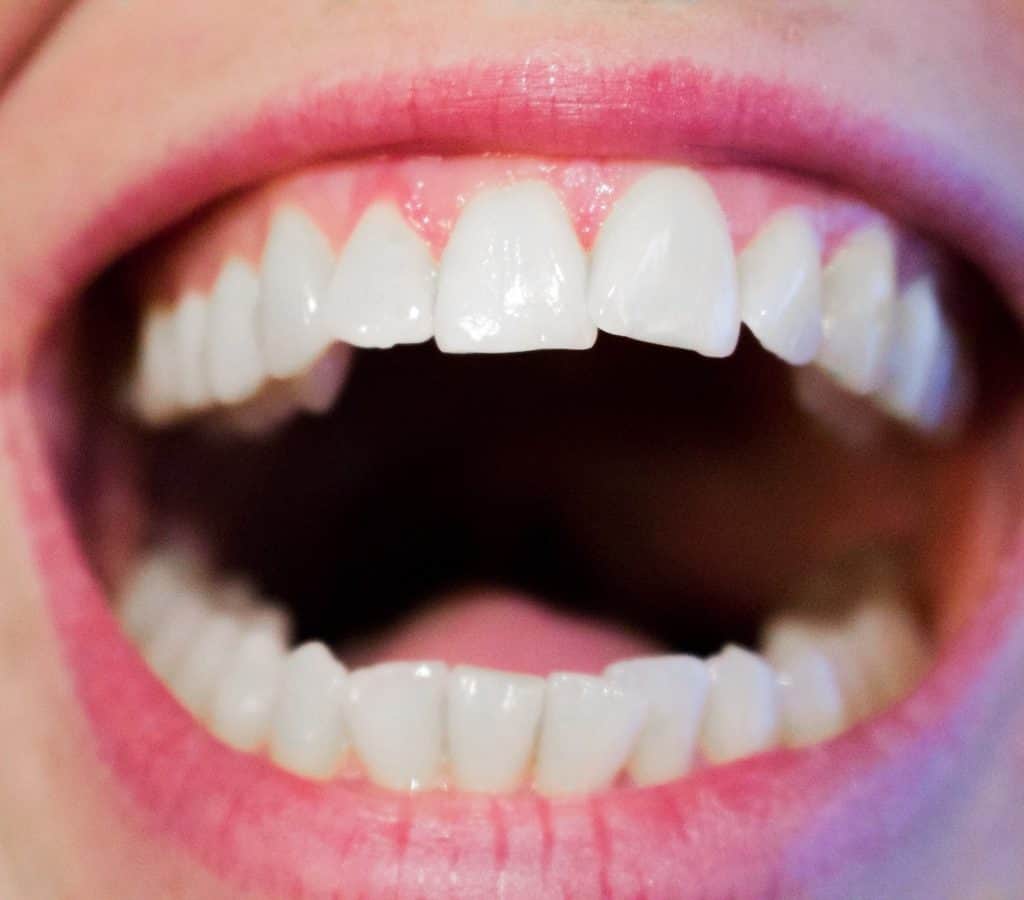The duodenum is the second segment of the digestive tract, located between the stomach and the small intestine. According to Biodescodification, this organ represents the capacity to assimilate new experiences and improve our relationships with others.
Duodenum according to Biodescodification — Emotional conflicts
In Biodescodification, the duodenum helps us to open ourselves to the world and to accept new perspectives and solutions to our problems.
Disorders related to this organ can manifest as difficulty in establishing satisfactory relationships with others, fears of the unknown, or a tendency to excessive control of situations by the same person.
The connection between anxiety and duodenal disorders
Duodenal disorders are highly correlated with anxiety problems.
Recent studies have shown that chronic stress associated with anxiety can contribute to the development of duodenal disorders, such as irritable bowel syndrome (IBS). For example, research has found that IBS is strongly linked to generalized anxiety and panic disorder.
Anxiety
Other gastrointestinal disorders are also related to anxiety. Digestive symptoms such as diarrhea, constipation, abdominal pain and nausea are common among people with severe anxiety or anxiety disorders.
Changes in hormone levels have also been linked to the development of gastrointestinal disorders, including those of the duodenum.
There is evidence to suggest that people with a clinical history of anxiety disorder have a significantly increased risk of developing a variety of gastrointestinal problems associated with the duodenum, including gastric and esophageal ulcers, gastritis and enteritis.
Not all cases of digestive problems are caused by anxiety; however, for those who frequently suffer from persistent digestive problems, it is important to consider whether their symptoms could be caused by an underlying medical condition or whether they can be attributed to anxiety.
While there is much more to learn about how the two factors-anxiety and gastrointestinal disorders-are related, it is relevant to seek professional help to address any issues related to this complex topic.
Meanings of digestive problems associated with the duodenum
Digestive problems associated with the duodenum refer to several gastrointestinal disorders that affect the duodenum, the first part of the small intestine.
These disorders can include inflammatory bowel diseases, gastric or duodenal ulcers, malignant tumors and functional problems such as irritable bowel syndrome.
The most common symptoms of digestive disorders associated with the duodenum include abdominal pain and chronic diarrhea. Other less common symptoms include nausea, vomiting and lack of appetite.
In some cases, this may be an early sign of gastric or colorectal cancer. Therefore, patients must consult their physician if they have these symptoms to receive an accurate diagnosis and appropriate treatment.
Emotional Symbolism of the Duodenum
The duodenum is a part of the human digestive tract that emotionally symbolizes a variety of things. It is associated with comfort and well-being.
Contact with food in the duodenum during digestion can elicit a feeling of contentment and calm.
The transit of food through the duodenum may also remind us of our roots, as it represents the transition between who we are now and who we were before. It reminds humans of the natural cycle of consuming food to live.
Some see the duodenum as a symbol for letting go of emotional ballast, either past or present.
This part of the intestine would represent that which we must get rid of to grow and move forward free of internal obstacles.
In these circumstances, it is said that the physical act of digesting helps us to digest emotionally all those difficult situations or people with whom we had problems in our past and could not overcome until now.
Capacity to make decisions
From a Biodescodification perspective, the duodenum is an organ that can symbolize a lack of capacity to make decisions or express opinions.
This may indicate that the person has difficulty assuming responsibility or feels insecure about taking charge of his affairs.
Also, the duodenum may be related to emotional problems such as feeling helpless and helpless in the face of challenges and changes in life.
Related post




